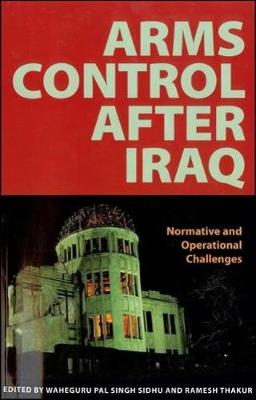Although no weapons of mass destruction were ever found in Iraq, the international community remains preoccupied with the threat of proliferation and use of WMDs. Some countries, while publicly supporting the international Treaty on the Nonproliferation of Nuclear Weapons (NPT), could either covertly develop a full-fledged weapons capability or acquire all the materials and expertise needed for a weapons program and then withdraw from the treaty. There is reason to fear the erosion and possible collapse of the whole NPT regime over the longer term. Treaties already negotiated and signed could unravel, nuclear weapons testing could resume, and a growing list of countries currently without nuclear weapons programs could start them up if they feel sufficiently threatened by their nuke-possessing neighbors. This book discusses issues regarding the use of force in general, the implications of a shift in the use of nuclear weapons from deterrence to coercion, and a focus on nonproliferation to the neglect of disarmament. The authors discuss the role of the United Nations in controlling the spread and use of WMDs, the regional dynamics of proliferation concerns in Northeast Asia and the Middle East, and the threats posed by the possible acquisition of nuclear weapons and missiles by nonstate actors.
- ISBN13 9789280811315
- Publish Date 30 January 1999
- Publish Status Out of Stock
- Publish Country JP
- Imprint United Nations University
- Format Paperback
- Pages 560
- Language English
